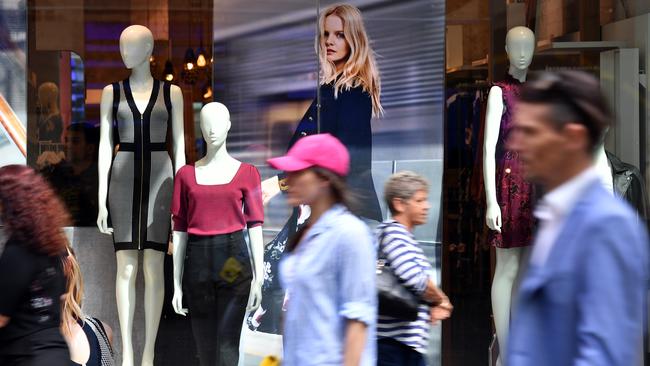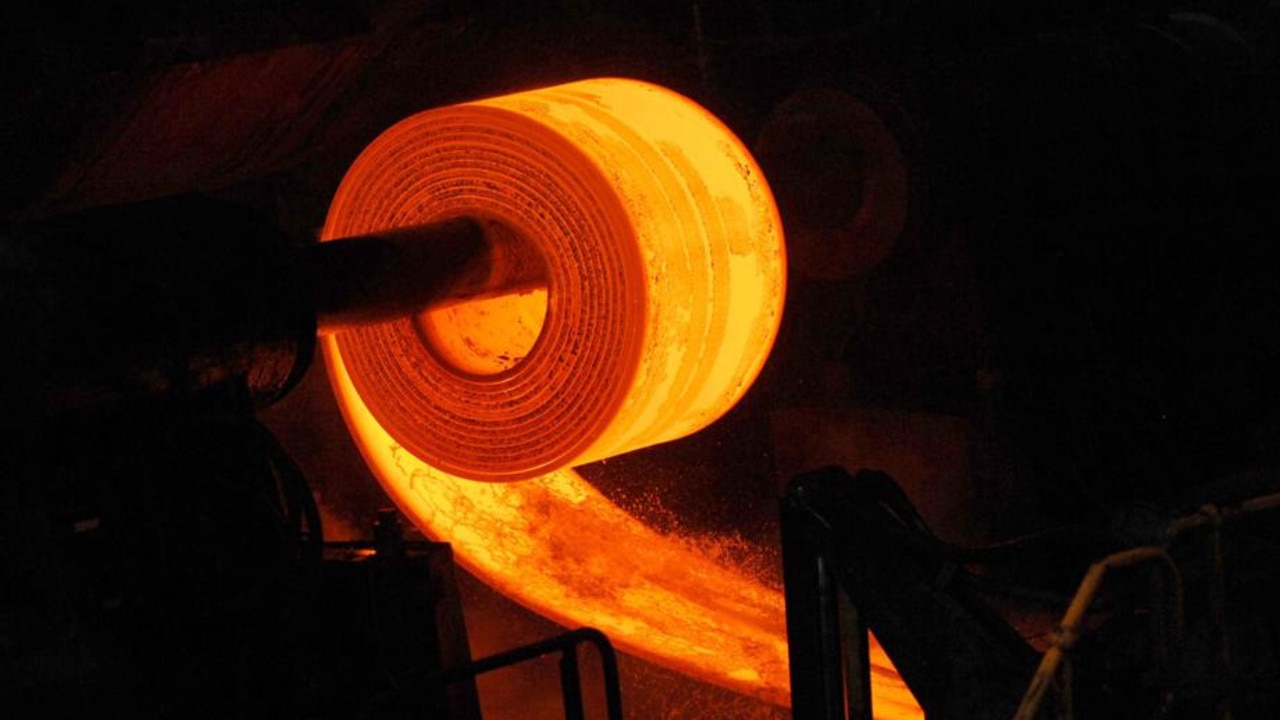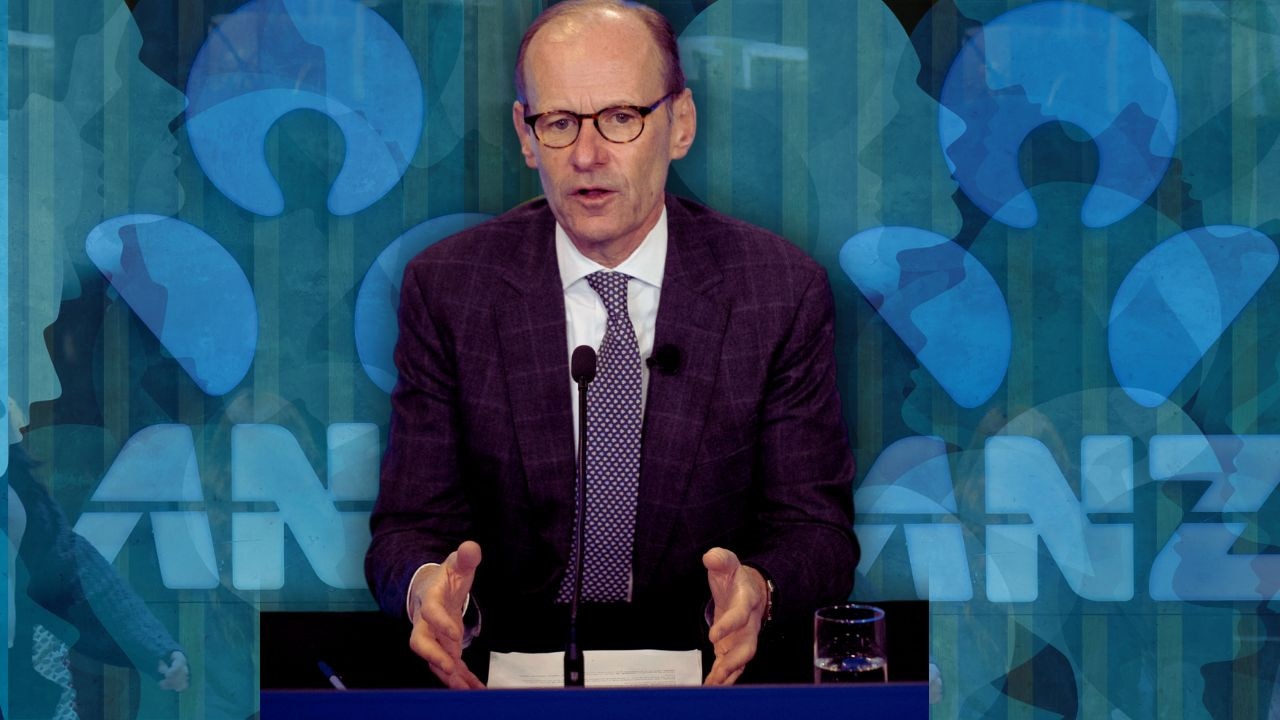Westpac-Melbourne Institute consumer confidence index rises
A key gauge of consumer confidence rebounds after a sharp fall, but still points to ‘lacklustre’ spending at Christmas.

The Westpac-Melbourne Institute Consumer Confidence Index for November rose 4.5 per cent to 97 points, in its first rise since August and following a sharp 5.5 per cent fall in October.
But consumer confidence remains well below the long-term average of 101.4 points, despite Reserve Bank of Australia rate cuts in June, July and October and the tax rebate in July.
“The pattern of confidence falling in response to a rate cut and recovering when the RBA remains on hold repeats what we saw earlier in the year when the index fell by 4.1 per cent following the July cash rate cut, only to recover 3.6 per cent in August when the RBA left rates unchanged,” said Westpac Chief Economist, Bill Evans.
“This result continues to support the general view that consumers are somewhat unnerved by the announcement of low rates and media controversy around the banks’ responses,” Mr Evans said.
READ MORE : Rate cuts causing pain for no substantial gain | Business confidence, conditions slightly higher: NAB
Consumer confidence hit an almost four-year low of 92.8 points in October, which was near the lowest levels since the global financial crisis.
Mr Evans notes that the index has fallen by around 4 per cent since the RBA started cutting the cash rate in June and has been below the 100 level, indicating pessimists outnumber optimists, for four of the last five months.
Other factors which would have boosted consumer sentiment since the last survey include sharemarket gains, with the S&P/ASX 200 index up 3.2 per cent over the last month, boosted by a more positive tone around the global economy.
Mr Evans says the key here will be whether the US and China are able to reach a successful trade deal, since markets are now likely to be already pricing in a satisfactory outcome to the current talks.
“Consumer spirits may also have been lifted by the extensive coverage given, during last week’s survey period, to the possibility of the Commonwealth government bringing forward the personal income tax cuts legislated for July 2022, to July 2020,” he added.
“All index components recorded a rise in November, with consumer views on the economy improving, though they continue to show a more pronounced weakening in recent months.”
The “economy, next 5 years” subindex rose 5.2 per cent in November and the “economy, next 12 months” subindex rose 4 per cent, but both retraced only part of last month’s declines and are down sharply on a year ago.
Assessments of family finances were more resilient over the last two months and slightly firmer overall.
The “finances versus a year ago” subindex rose 5.2 per cent in November and the “finances, next 12 months” subindex was up 5.7 per cent – both flat to up slightly on September.
“That said, the gains remain disappointing given interest rate cuts, the $7.7bn in personal income tax relief rolled out since July and the turnaround in housing markets from price declines to robust price gains,” said Mr Evans.
“Indeed, both subindexes remain at weak levels well below long-run averages – a pattern that has been a persistent feature for several years now.”
Moreover, consumer attitudes towards spending look to be “downbeat” heading into the all-important Christmas sales period.
One in three Australians are planning to spend less on gifts than they did last year, with a further 54 per cent expecting to spend about the same, and just 11 per cent of consumers are planning to spend more this year.
“The mix is almost identical to last year’s survey and suggests we are heading for another lacklustre Christmas spend,” Mr Evans noted.
The “time to buy a major household item” subindex rose 3 per cent in the November month but is still 4 per cent below its August level.
At 117.9, the subindex is well below its long-run average of 127, suggesting consumers will be keeping a tight rein on discretionary spending.
The Westpac-Melbourne Institute Unemployment Expectations Index rose 3.6 per cent to 136.5 in November, up 13.4 per cent on this time last year and the highest reading since June 2017.
Higher readings indicate that more consumers expect unemployment to rise in the year ahead.
“The readings are consistent with a slowdown in jobs growth and steady increases in unemployment and underemployment rates over the year ahead,” Mr Evans cautioned.
“Housing-related sentiment was relatively stable in November, views on time to buy improving slightly, but price expectations are showing signs of consolidating after the very strong gains in previous months.”




To join the conversation, please log in. Don't have an account? Register
Join the conversation, you are commenting as Logout